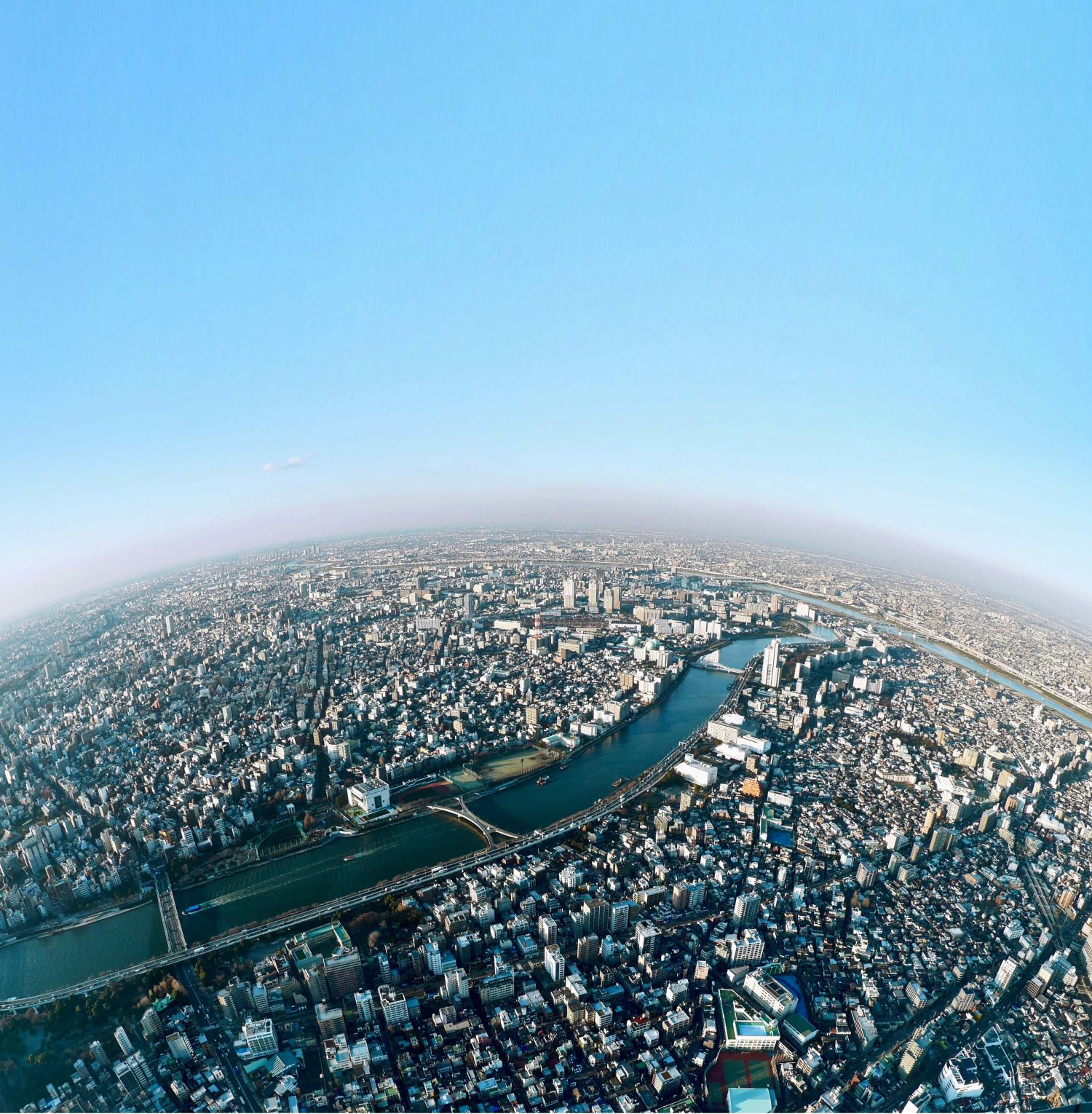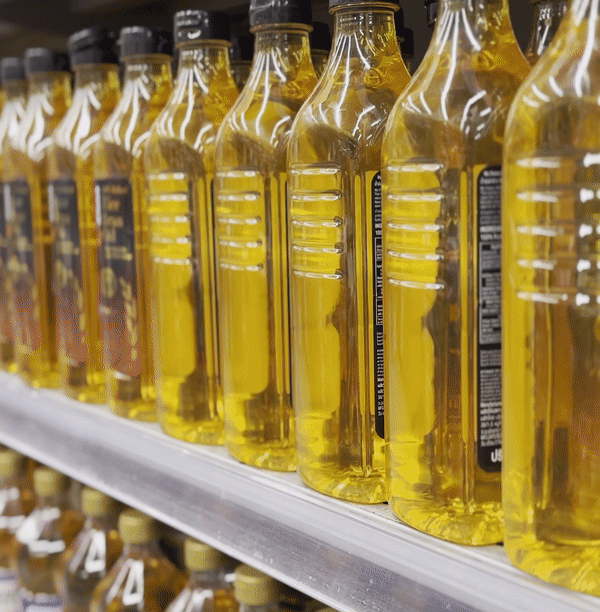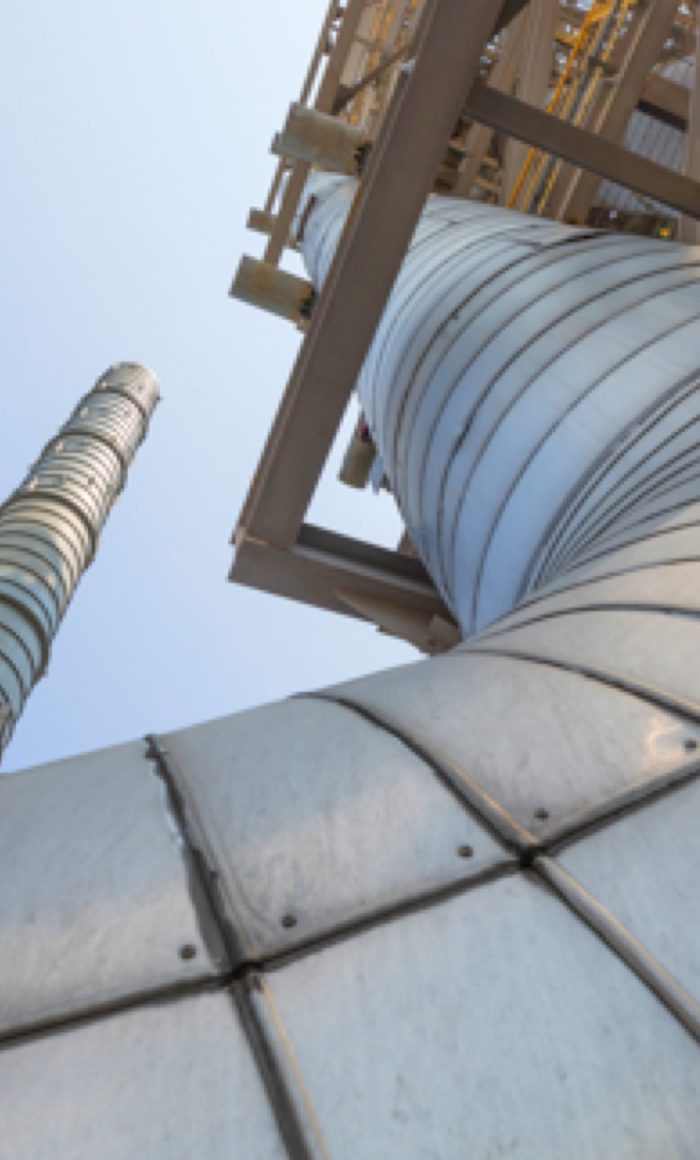Thailand’s beaches are the envy of the world.
From the wide golden sands of Phra Nang at Krabi to remote hidden gems like Koh Kood, or tourist hubs like Bang Saen, the country’s picturesque beaches attract people from all over the world.
But with so many visitors every year, not all people leave the beaches as beautiful as they found them.
Much of the rubbish on Thailand’s beaches comes from tourists, and even bans on littering, fines and the brazen step of mailing visitors’ rubbish back to them have done little to reduce the waste left on the sands.
However, young Thais have taken an innovative way to keep their beaches pristine and overcome waste … using robots.
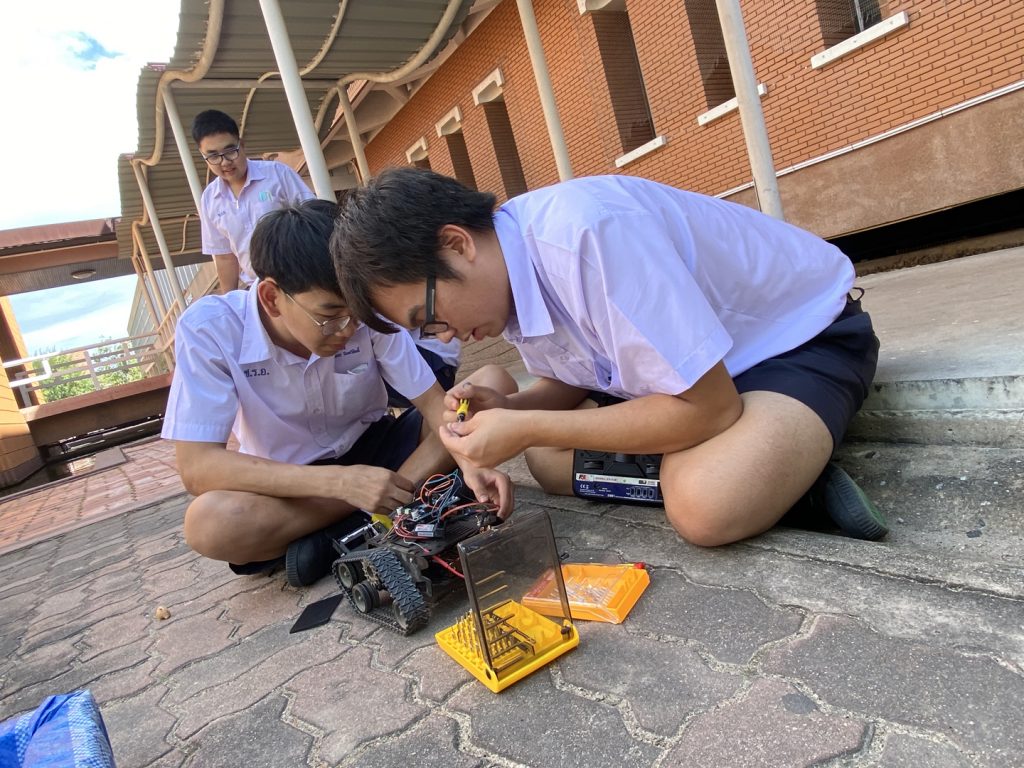
Children took part in a camp that had the dual aim of developing STEM skills and working towards conservation.
These robots were developed as part of a competition involving children from local schools in the country’s Chonburi province. The competition was designed to instill lifelong science, technology, engineering and mathematics (STEM) skills, namely by teaching participants how to build and code robots that are able to skim beaches to collect garbage.
The STEM initiative was spearheaded by Thailand’s Institute of Marine Science, Burapha University and energy company ExxonMobil’s Thai subsidiary Esso, and is part of a dual broader conservation and digital skills push across the country.
“Sea and coastal litter are one of the top environmental problems around the world, and in Thailand it has been a serious concern over the years. It affects the marine ecosystem and the quality of life of people living along the coast,” explained Burapha University’s Institute of Marine Science’s professor Janjarus Watanachote.
“These students have built prototypes to overcome this problem by collecting litter, although further development is needed to be used in real life on crowded, sandy beaches.”
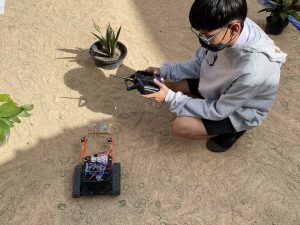
The robots were designed to collect litter from sandy beaches.
She added that this program also helps students develop skills that will allow Thailand to create its own solutions to other conservation issues impacting the country.
Janjaras said this program is building a foundation for Thailand’s digital industry capabilities, and comes as “the government sets a target for the robotics industry to be one of the 12 target industries that will be supported for rapid growth, with the country aiming to produce half of all its robots domestically by 2021.”
Dr. Taweesak Bunluesin, Esso Thailand’s director, said waste is a global issue and it is important to develop homegrown skills to overcome the problem.
He said this is why Esso supports STEM and education initiatives, to put the power in the people’s hands.
“This project is very useful, inspiring secondary school students to be aware of the environment,” Dr Taweesak said.
“It drives them to create their own ideas to help take care of the environment, in this case by bringing scientific knowledge to help foster innovation. We want to encourage children to become the kind of thinkers who can invent robots and who can also help in the conservation of the environment in their community.”
Dr Taweesak said the STEM camp gave children hands-on experience in solving real-world problems.
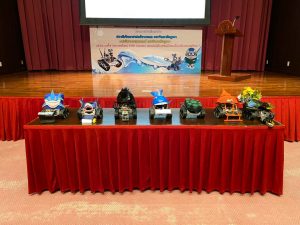
The camp also held a competition to find the best robot.
“Some of the children who came to this camp had never experienced making robots or looking at problems such as these, but thanks to ExxonMobil’s support for the program, today they can build robots and further develop these skills,” he said.
“It provides good experience for the youth of the nation, giving them the capabilities to be part of the development of the country.”
Following the success of the first camp, similar programs may now be planned for the future.
Thais are taking the control of their environment into their own hands with locally developed solutions, with the support of Burapha University and ExxonMobil, to build a better future for the country.

